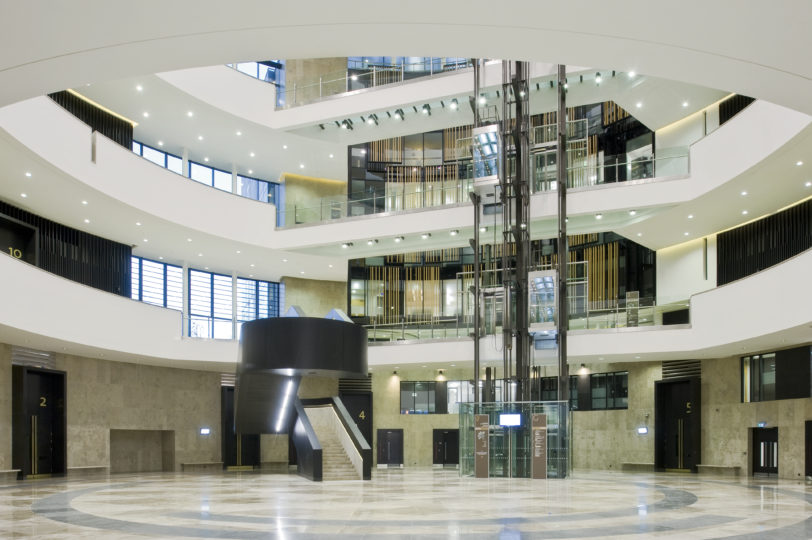Reversal of FEMPI cuts to public servants at odds with treatment of barristers.

The Bar of Ireland has said that the announcement today of the Government’s decision to restore pay of up to 15% to top public servants, begs the question why barristers continue to be penalised and singled out as the only profession in the justice sector where their pay has not been restored.
The professional fees of barristers who are paid by the State to conduct criminal cases were cut by 28.5% – 69% during the period 2008 – 2011 and those cuts continue to apply. Barristers who provide services to prosecute and defend cases throughout the criminal courts are being remunerated at rates paid in 2002. With inflation now exceeding 7% in May 2022, the situation has been further exacerbated.
Calling on the Minister for Public Expenditure & Reform, Michael McGrath TD to respond to her numerous requests to have this matter addressed, Chair of The Bar of Ireland, Maura McNally SC said:
The approach taken by the State is at odds with others in the justice sector. For example, State Solicitors who are employed on a similar basis and work on the same cases, have had a process of pay restoration in place since 2017. However criminal barristers are still subject to the austerity cuts.
There is an issue of fairness here. Barristers are delivering on behalf of the State, a service that is integral to the administration of criminal justice and the rule of law. Why are barristers being singled out?
We are asking the Government, in the context of today’s announcement and in the context of the wider pay restoration and pay negotiations, to arrange for the immediate restoration of the link between fees paid to barristers and those applied under public sector pay agreements“
Echoing the request to Government, Vincent Heneghan SC, Chair of the Criminal Bar Committee in The Bar of Ireland called on the Government to give serious and actionable thought to the position of barristers working on behalf of the State. He said:
The Justice system, and in particular the criminal justice system, is becoming untenable where those operating in it are paid increasingly unrealistic rates.
The exodus of criminal barristers will continue – the evidence shows that two thirds of barristers who commence a career in criminal law leave after only 6 years in practice and that this is as a direct consequence of the deep cuts that were applied during the FEMPI years.
The Bar of Ireland is simply asking that the profession is treated fairly and reasonably, consistent with the approach taken in relation to other groups of workers where the State is the paymaster.“
The Bar of Ireland has engaged with the Department of Justice and the Office of Director of Public Prosecutions, who both have indicated their support for such fee restoration.